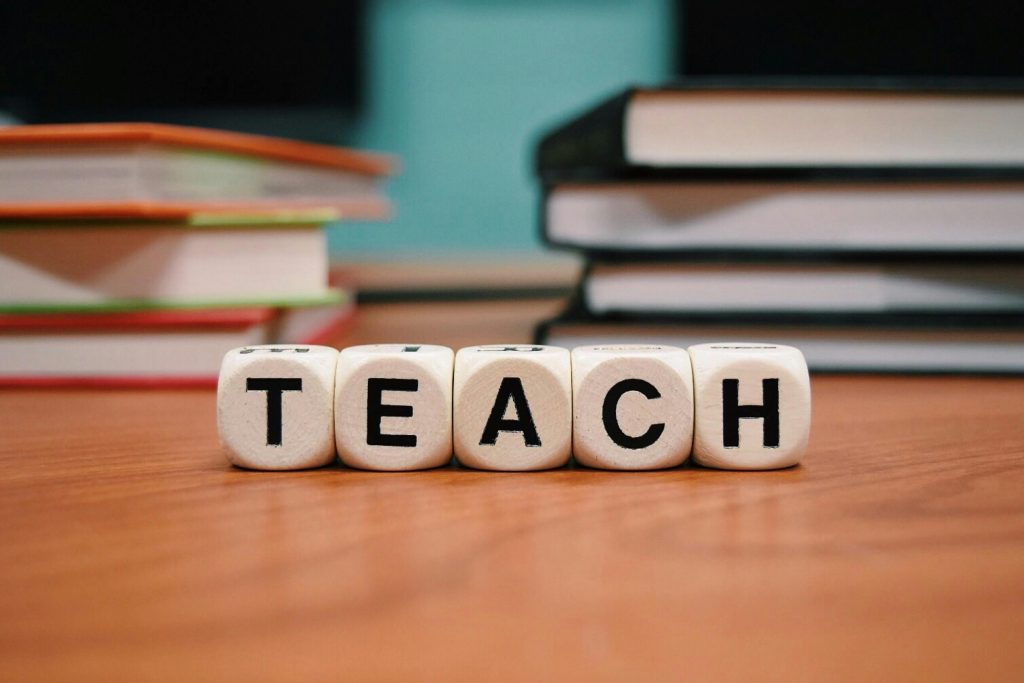The fight against music piracy
Music piracy remains a persistent scourge that profoundly impacts the music industry as a whole.
In a digital world where music is easily accessible online, copyright infringement and illegal distribution musical content represent major challenges for artists, record labels and distribution platforms.
This introduction highlights the scale of the problem of music piracy and underlines the urgency of developing effective strategies to protect creators’ rights and preserve the value of music in today’s digital ecosystem.
The rise of file sharing platforms, unauthorized streaming sites and illegal download networks has exacerbated music piracy, leading to considerable financial losses for artists and creative industries.
This introduction also addresses the cultural and economic implications of music piracy, highlighting its impact on cultural diversity, artistic innovation and the economic viability of the music industry.
In this context, the protection of musical rights therefore becomes an absolute priority to guarantee a sustainable and equitable musical ecosystem for all stakeholders involved.
Understanding Music Piracy
Music piracy, in its essence, represents a violation of copyright and music licensing, taking different forms in the digital landscape.
These forms include illegal downloading of audio files via file sharing sites, unauthorized distribution streaming music on online platforms, and counterfeiting of physical products such as CDs and vinyls.
Each of these practices harms music creators and the industry as a whole, resulting in significant financial losses and undermining the value of artistic work.
In addition, music piracy can also impact the perception of music as a cultural product, devaluing it and reducing its perceived artistic and economic value.
In addition to its economic consequences, music piracy also has repercussions on the music industry in its together.
It can therefore compromise cultural diversity by favoring the distribution of popular content to the detriment of less mainstream music.
Moreover, it discourages artistic innovation by therefore reducing financial incentives for artists to create original and diverse music.
By understanding the nature and scale of music piracy, it becomes evident that effective measures must be taken to protect the rights of creators and promote a sustainable and equitable music ecosystem.
Music Rights Protection Strategies
Faced with the persistent threat of music piracy, the music industry is implementing a series of strategies to protect the rights of creators and fight against the illegal distribution of music.
The use of copyright and licensing plays a central role in this process, providing a legal basis to regulate the use and distribution of music.
Artists and record companies can also usetechnical protection measures (MTP) such as DRM (Digital Rights Management) to limit the duplication and unauthorized distribution of musical content on online platforms.
At the same time, online monitoring and piracy detection have become essential tools for identifying and countering illicit activities .
Tracking technologies make it possible to identify copyright violations on file sharing platforms and streaming, allowing rights holders to take steps to protect their content.
Finally, legal actions are taken against pirates to enforce the rights of creators and therefore deter piracy activities .
These legal measures aim to enforce existing copyright laws and hold infringers accountable of their actions, thus strengthening respect and protection of musical rights.
Public Awareness and Education
Public awareness is an essential component in the fight against music piracy.
Awareness campaigns aim to inform the public about copyright and the consequences of piracy, highlighting the importance of supporting artists by purchasing music legally.
These campaigns can take different forms, such as advertisements, messages on social media, community events and partnerships with artists and celebrities to amplify the message.
By educating the public about the risks and consequences of music piracy, these initiatives therefore aim to promote a culture of respect copyright and encourage responsible listening behavior.
Additionally, education on copyright and legal music practices is a crucial aspect public awareness.
Educational programs in schools, universities and communities can help build public understanding of the laws on copyright, music licensing and the implications of piracy.
By providing individuals with the knowledge and skills to navigate the digital music landscape, these programs therefore help create a society more aware and respectful of copyright.


Industrial and Government Collaboration
Combating music piracy requires close collaboration between the music industry, governments and regulatory bodies.
Partnerships with music streaming platforms are essential to develop technological solutions and effective content management practices to detect and prevent piracy.
Licensing agreements between rights holders and streaming platforms help ensure that artists are compensated fairly for their music and encourage users to access legal content.
At the same time,anti-piracy legislation and regulations therefore play a crucial role in deterrence of piracy activities.
Governments must put in place strong copyright laws and effective enforcement mechanisms to guarantee respect for musical rights.
This may include tougher penalties for offenders, accelerated legal action and international cooperation to combat the networks cross-border piracy.
By working together, industry and governments can create an environment conducive to the protection of musical rights and the promotion of a thriving creative economy.


Conclusion
In conclusion, music piracy remains a major challenge for the music industry, threatening the rights of authorship of the artists and the economic viability of the entire sector.
However, through a combination of rights protection strategies, public awareness, industry and government collaboration, as well as inspiring case studies, significant progress has been made in the fight against this scourge.
It is clear that public awareness and education about copyright therefore play a crucial role in promoting a culture of respect for intellectual property and reducing the demand for pirated content.
In addition, collaboration between the music industry, governments and music streaming platforms is essential to develop effective technological and legal solutions to prevent piracy and protect the rights of creators.
Finally, by anticipating future challenges and remaining at the forefront of innovation, the music industry can therefore continue to make progress in its fight against piracy and guarantee a fair and sustainable environment for artists, record labels and music lovers around the world.
